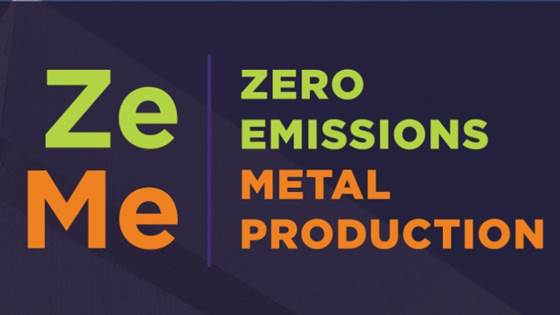
FME ZeMe
FME ZeMe developes the fundamental knowledge and technologies needed by the Norwegian metallurgical industry to become climate neutral by 2050.

FME ZeMe developes the fundamental knowledge and technologies needed by the Norwegian metallurgical industry to become climate neutral by 2050.

The outcome of this project will lead to an improved process for dissolving and refining Ir, Ru and other PGMs from existing and potentially growing wastes, i.e., PEM electrolysers.
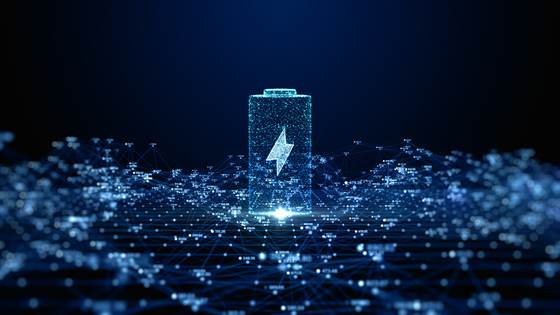
Complying with the Paris Climate Agreement will mean that the EU economy of 2050 is set to be mineral/metal intensive, rather than one based on fossil fuels.
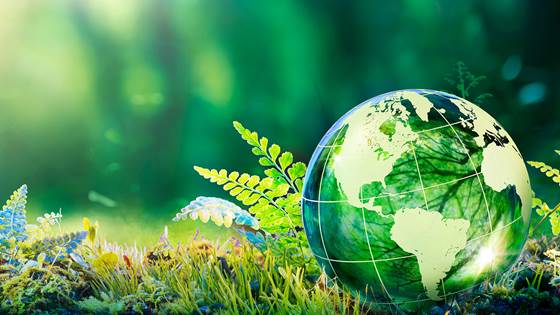
ZeSiM will eliminate CO2-emissions from manganese ferroalloy and silicon production by replacing the carbon reductants with renewable energy in the most direct way possible: through electrowinning.
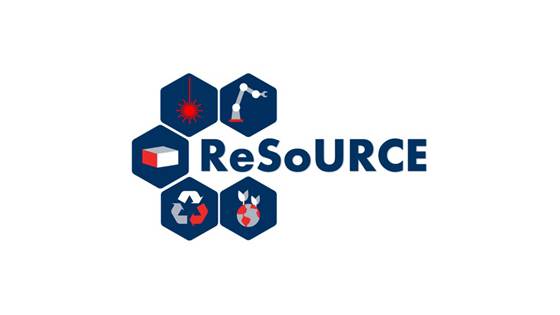
Extractive industries, including refractory raw material production, are responsible for a significant part of the world’s carbon emissions and has a strong impact on the loss of biodiversity. Establishing a circular economy and developing an...
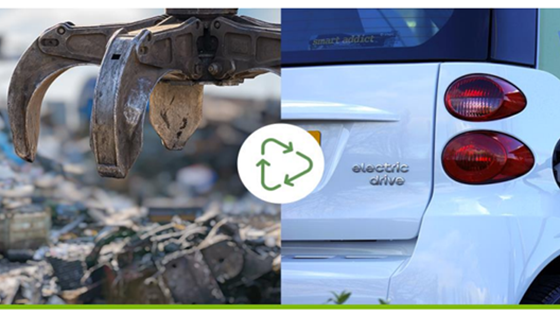
Achieving Europe’s climate-neutral objectives will fundamentally depend on our ability to develop clean energy and mobility solutions in the most sustainable way.

SUMBAT will be the first transition step towards creating the most sustainable battery value chain in the world, in Norway.
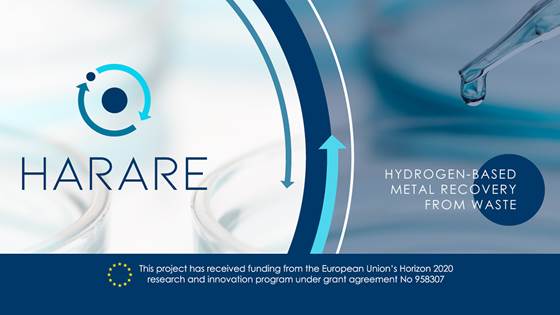
HARARE's overall objective is to eliminate waste from the metallurgical industry while recovering valuable materials and encouraging the use of hydrogen in the industry.
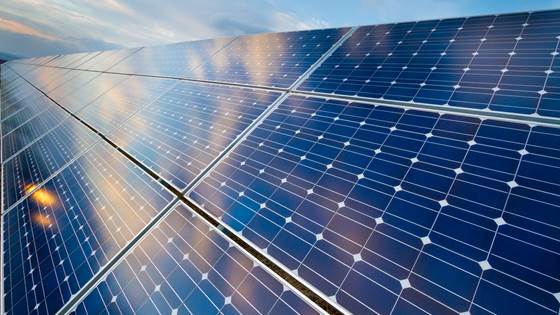
Advanced technologies for recovery and recycling of secondary raw materials from end-of-life modules.

The use of renewable marine bioresources to make feed ingredients for fish feed is still in its infancy. In POLYKELP, we will study seaweed and brush worms aimed for use as salmon feed.

Explore institutional, political, and business frameworks for using mineral waste as a resource in green transitions.
The scarcity of marine proteins and lipids is considered to be the greatest challenge needing to be addressed in order for the aquaculture sector to continue to grow in a sustainable manner. In COPREST, CFEED and SINTEF Ocean will explore the...

R-control seeks to place Norway at the forefront of research and development of core technology for effective and sustainable resource control in commercial fishery.

The BioCoke4FAI project aims to develop an innovative and economically viable technology for bio-coke production for the ferroalloys industry.
The production of photovoltaic modules generates significant resource flows, much of which currently becomes waste, including silicon kerf, graphite, and silica from ingot production.
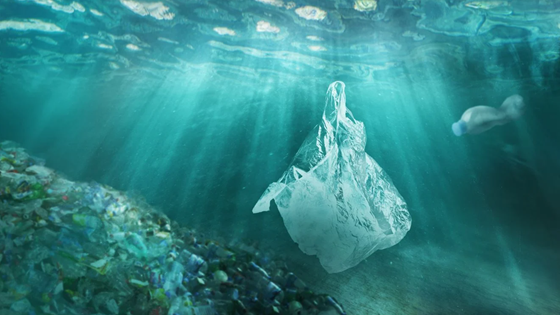
PLASTICENE will build new knowledge and address processes important for increased plastic circularity and effective plastic waste management with the aim of supporting improved plastic material utilization and protecting the environment from plastic...

The RecirkIrRu project's goal is to demonstrate the effective extraction of valuable Iridium (Ir) and Ruthenium (Ru) from waste material into valuable intermediates for K.A. Rasmussen's further processing. The extraction will be possible by...

CO2 emissions from conversion of waste-derived fuels are estimated to about 18 million tonnes per year (ERFO - European Recovered Fuel Organisation, 2015). The report further estimates the market to increase, to CO2 emissions equivalent to more than...